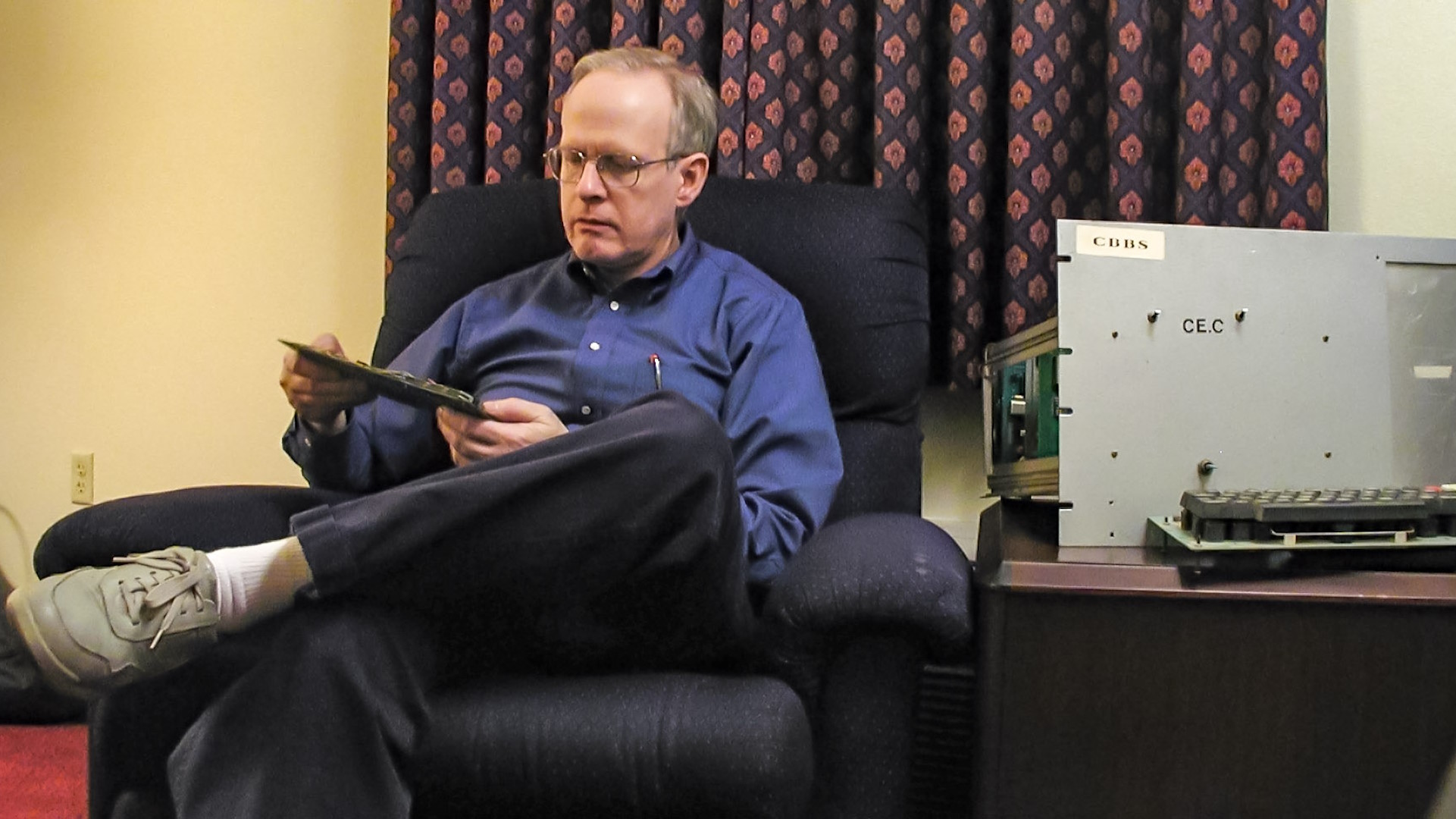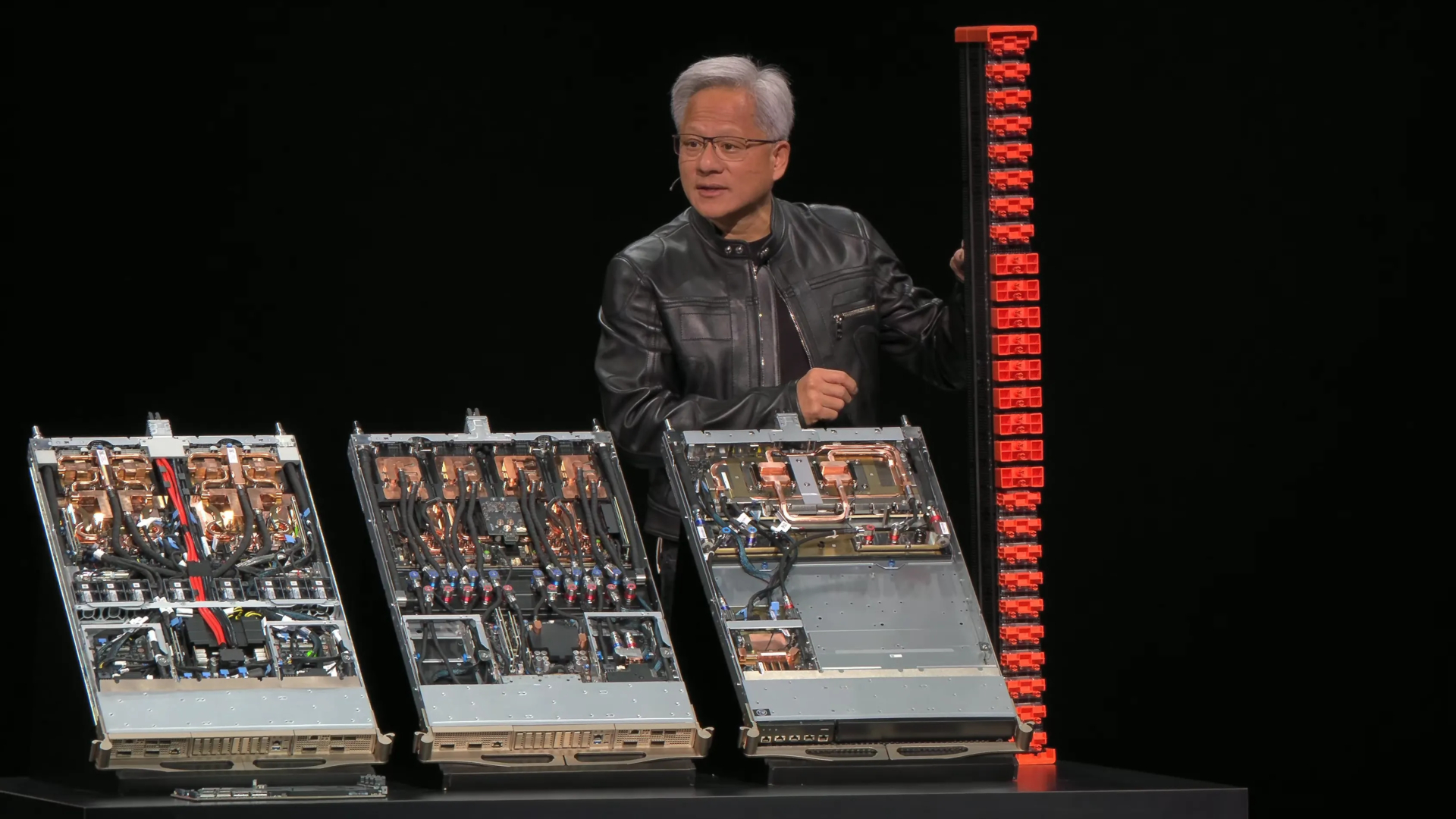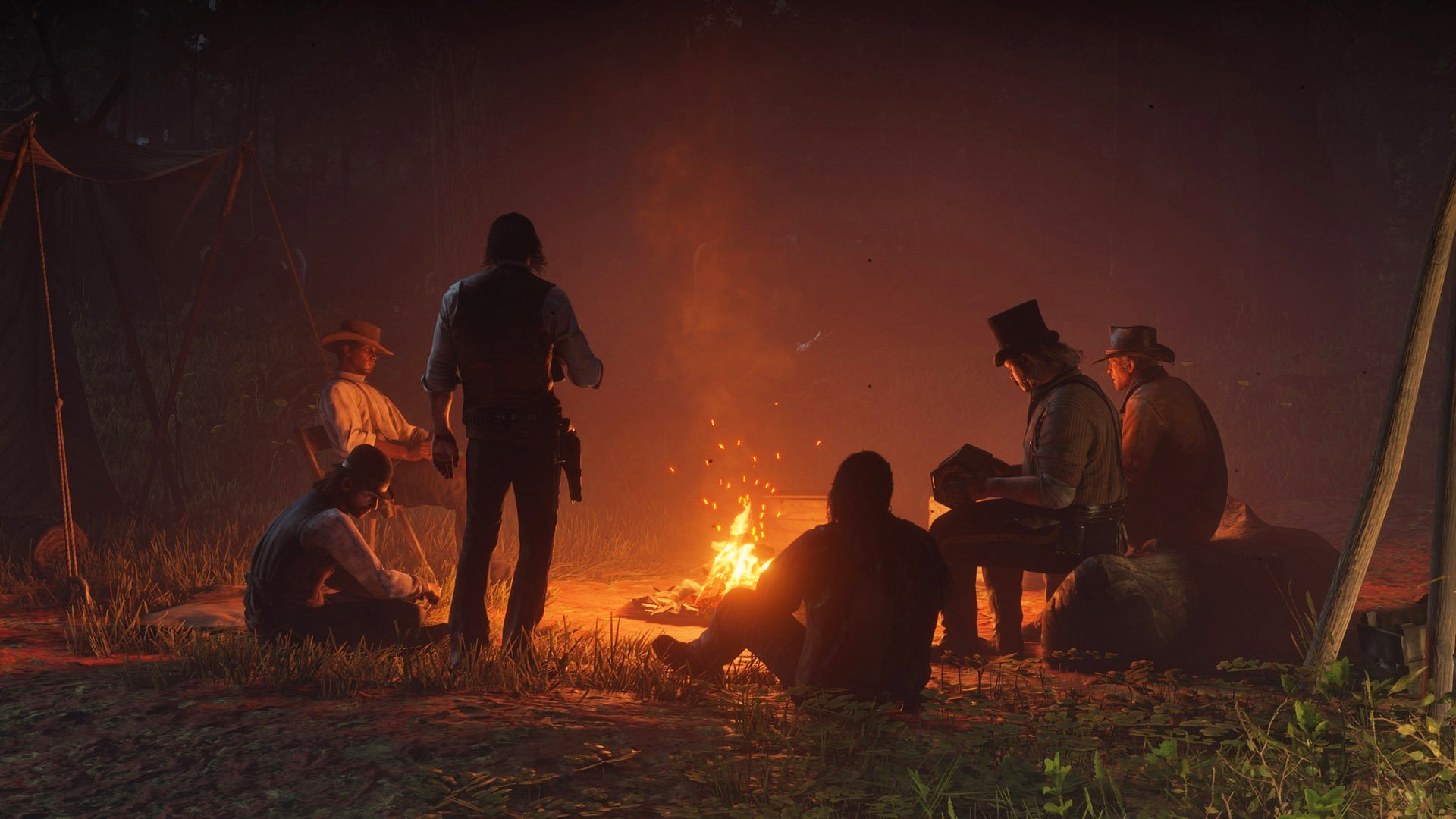
Christensen co-developed the world's very first computer bulletin board system, and also created the popular XMODEM file transfer protocol.
Ars Technica reports that Ward Christensen, the co-creator of the computer bulletin board system—a sort of precursor to the internet as we know it today—has died at age 78.
Popular throughout the 1980s and early ’90s, bulletin board systems—better known as BBSes, or just “boards”—enabled users to dial into remote computers via landlines to post public messages and share private exchanges with other registered users, a bit like a modern Discord server. Christensen and co-creator Randy Suess came up with the idea as a way to stay in touch with other members of the Chicago Area Computer Hobbyists’ Exchange during a blizzard that blew through the Great Lakes region in 1978. CBBS, as it was known, went online in February of that year.
Other BBS software followed in short order, as did more advanced functionality including the ability to share files, which Christensen also played a major role in. Prior to developing CBBS, he created the XMODEM file transfer protocol, a name that will stir memories amongst online oldsters: In order to compensate for bad connections and noisy lines, XMODEM breaks up data into packets and ensures that each packet was successfully received before sending the next. It doesn’t sound like much now but believe me, back in the day this was a big deal.
Naturally, games also became big: “Door games,” as they were formally known—a reference to the way BBS software interfaced with external applications—like Trade Wars, Solar Realms Elite, and VGA Planets enabled users to compete against one another in asynchronous online combat. Some, like Trade Wars, gave players a limited number of daily turns they could spend in chunks as large or as small as they liked, while others let users submit their turns at any time over the course of a day and then resolved the outcomes at a specific set time. Again, pretty primitive stuff compared to today, but there are fewer gaming experiences more intense and enraging than getting a constant busy signal when you’ve only got 10 minutes left to submit your Global War moves.
Boards were also a popular form of videogame distribution: The shareware version of Doom was spread widely via BBSes, and in 1991 Apogee launched the Software Creations BBS as a central hub for distributing its own extensive library of shareware games.
Christensen was well recognized for his work. In 1992 he won two Dvorak Awards, one with Suess for the creation of BBS software and the other a lifetime achievement award “for outstanding contributions to PC telecommunications including the development of the public domain XMODEM file transfer protocol, the first protocol widely used with personal computers.” A year later, he earned a Pioneer Award from the Electronic Frontier Foundation, awarded to “longtime stalwarts working on behalf of technology users, both in the public eye and behind the scenes.”
I ran a BBS myself for several years back in the day, during which I made some good friends, a few enemies, and a lot of memories. It was a very different time, when online interactions were limited to a select few genuine “computer nerds,” and while I won’t go so far as to say it was better, those small, isolated digital neighborhoods fostered a real sense of community that contemporary social media platforms and online games sorely lack. Those of us who were lucky enough to be a part of them owe Christensen a very real debt of gratitude.
And even now, a small number of BBSes are still running: You won’t have the opportunity to scream at your sister to get off the phone because you’re on the boards, but you can get a taste of what it was like on sites like BBS Corner and the Telnet BBS Guide.






